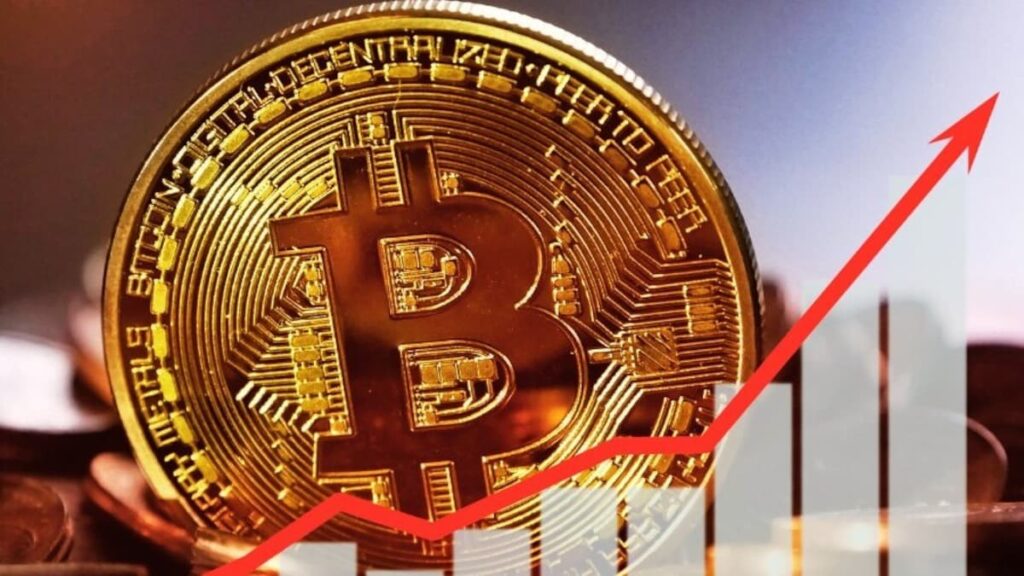The world’s largest cryptocurrency, Bitcoin, briefly reached a record peak of over $69,000, surpassing its previous high in November 2021, although it had plummeted to $16,500 by 2022.
US financial giants injecting billions into bitcoin purchases have fueled the recent price surge. On Tuesday, Bitcoin hit around $69,200 before retracting to approximately $62,185 by 21:00 GMT, marking a more than 50% spike over the past month, according to CoinMarketCap.
Professor Carol Alexander from Sussex University acknowledged the potential for Bitcoin’s price to rise further but cautioned about its notorious volatility, which historically led to losses for investors who bought during bubbles.
Bitcoin’s inception in 2009 by an enigmatic figure or group known as Satoshi Nakamoto aimed to create internet money, challenging the existing financial power structures. However, its current valuation surge is driven by institutional investment from firms like Blackrock and Fidelity, enabled by US regulators approving spot Bitcoin Exchange-Traded Funds (ETFs) in January 2024.
These ETFs have facilitated the purchase of hundreds of thousands of bitcoins by major investment firms, substantially inflating their value. Additionally, the upcoming “halving” event in April could further impact Bitcoin’s value, historically associated with price surges.
While Bitcoin’s recent peak may bring joy to holders, its volatile history suggests caution. It plunged to 18-month lows of nearly $20,000 in June 2022 amid economic uncertainties and experienced further decline after the bankruptcy of cryptocurrency exchange FTX in November 2022.
Throughout 2023, Bitcoin witnessed fluctuations but managed to rebound to trade above $40,000 towards the year-end. El Salvador’s president, Nayib Bukele, has embraced Bitcoin, investing over $100 million of public funds to acquire almost 3,000 bitcoins, which have since appreciated by around 60%.
The cryptocurrency’s unpredictable trajectory underscores the need for vigilance among investors, institutions, and nations embracing its potential.











More Stories
Faisal Islam: Can the US Tech Bromance Revive the UK Economy?
AI Boom Powers Nvidia’s Growth Despite Rising US-China Tensions
SpaceX Achieves Successful Starship Launch in Dramatic Comeback